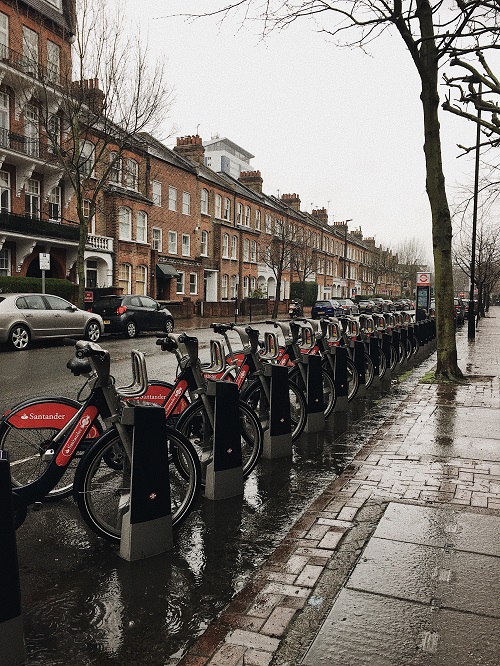Inflation-adjusted house prices were up by 1.46% during the year to Q3 2022
The UK’s housing market is showing signs of cooling, amidst slowing economic growth. Real house prices rose by just 1.46% in Q3 2022 from a year earlier, a sharp slowdown from the annual growth of 7.48% in Q3 2021. It was the slowest year-on-year increase since Q2 2020. Quarter-on-quarter, real house prices fell by 0.75% during the latest quarter.
Yet in nominal terms, UK house prices actually rose by a huge 10.34% during the year to Q3 2022, amidst soaring inflation. Nationwide inflation eased slightly to 10.7% in November 2022, after reaching a 41-year record high of 11.1% in the previous month.

Demand and construction activity falling
Residential property transactions (seasonally-adjusted) in the UK fell by 21.3% y-o-y to 950,360 units in the first three quarters of 2022, following a 42.4% growth during 2021, according to HM Revenue & Customs. In England, which accounts for more than three-fourths of all transactions, residential property sales dropped 22.7% to 787,040 units in the first three quarters of 2022 from a year earlier.
Despite slowing demand, the UK’s chronic housing shortage continues to drive the country’s continued house price growth, aggravated by a decline in residential construction activity in the past two years due to coronavirus-related restrictions. The government aims to build 300,000 new homes every year but in 2021, there were only 216,490 new additional dwellings in England, down 11% from a year earlier, according to the Ministry of Housing, Communities & Local Government.
Rents, rental yields: London yields are moderately good, at 5.47%
| UK: city centre apartment buying price, monthly rent (2-BR apartments) | |||
| Buying price | Rate per month | Yield | |
| Westminster | £1,250,000 | £5,352 | 5.14% |
| Wandsworth | £ 637,000 | £2,850 | 5.37% |
| Lambeth | £ 575,000 | £2,500 | 5.22% |
Recent news. The UK economy grew by a modest 1.9% in Q3 2022 from a year earlier, a slowdown from year-on-year expansions of 4% in Q2 and 10.7% in Q1, amidst weakening consumer spending, business investment, as well as government expenditures. In fact, on a quarterly basis, the economy contracted slightly by 0.3% during Q3 2022, following a miniscule growth of 0.1% in the previous quarter, according to the Office for National Statistics (ONS).
Economic growth is projected at a modest 3.6% this year, following a strong growth of 7.4% in 2021 and a historic plunge of 9.3% in 2020, according to the International Monetary Fund (IMF).
In December 2022, the Bank of England (BoE) raised its key interest rate further by 50 basis points to 3.5%, its ninth consecutive rate hike since December 2021, in an effort to meet its inflation target of 2%. It is now the highest level since late-2008.